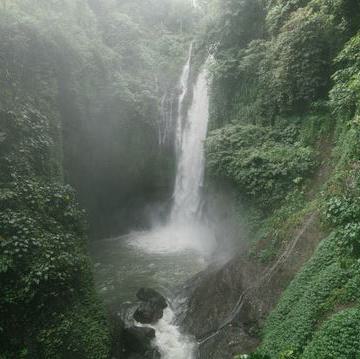More than 4 million hectares of tropical rainforest, an area the size of the Netherlands, were felled in 2020, a 12% increase over the previous year's rate of deforestation. This is estimated to have released more than 2 billion tonnes of carbon dioxide into the atmosphere – an emissions tally comparable to 570 million cars, i.e. twice as many as in there are in the United States.
These rainforests are very important for biodiversity and help absorb CO2 from the atmosphere. CO2 is the gas largely responsible for global warming: trees, like all plants, absorb more carbon dioxide than they emit, but this process reverses as soon as they die.
The tropical rainforests in particular store more CO2 than other types of forest on the planet and produce a huge amount of water vapour, which forms clouds and falls as rain – this, of course, benefits crops and biodiversity in general. Also, clouds created with the input of tropical rainforests help reflect the sun's rays back into space, thus reducing global warming and contributing to the planet's climate balance.

